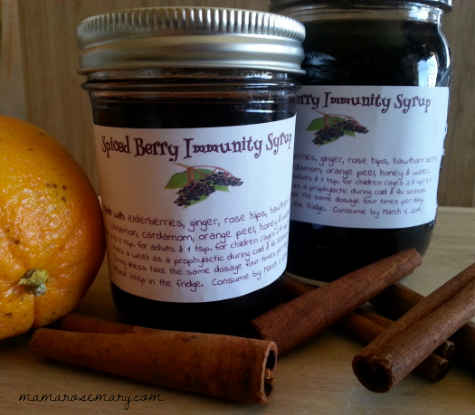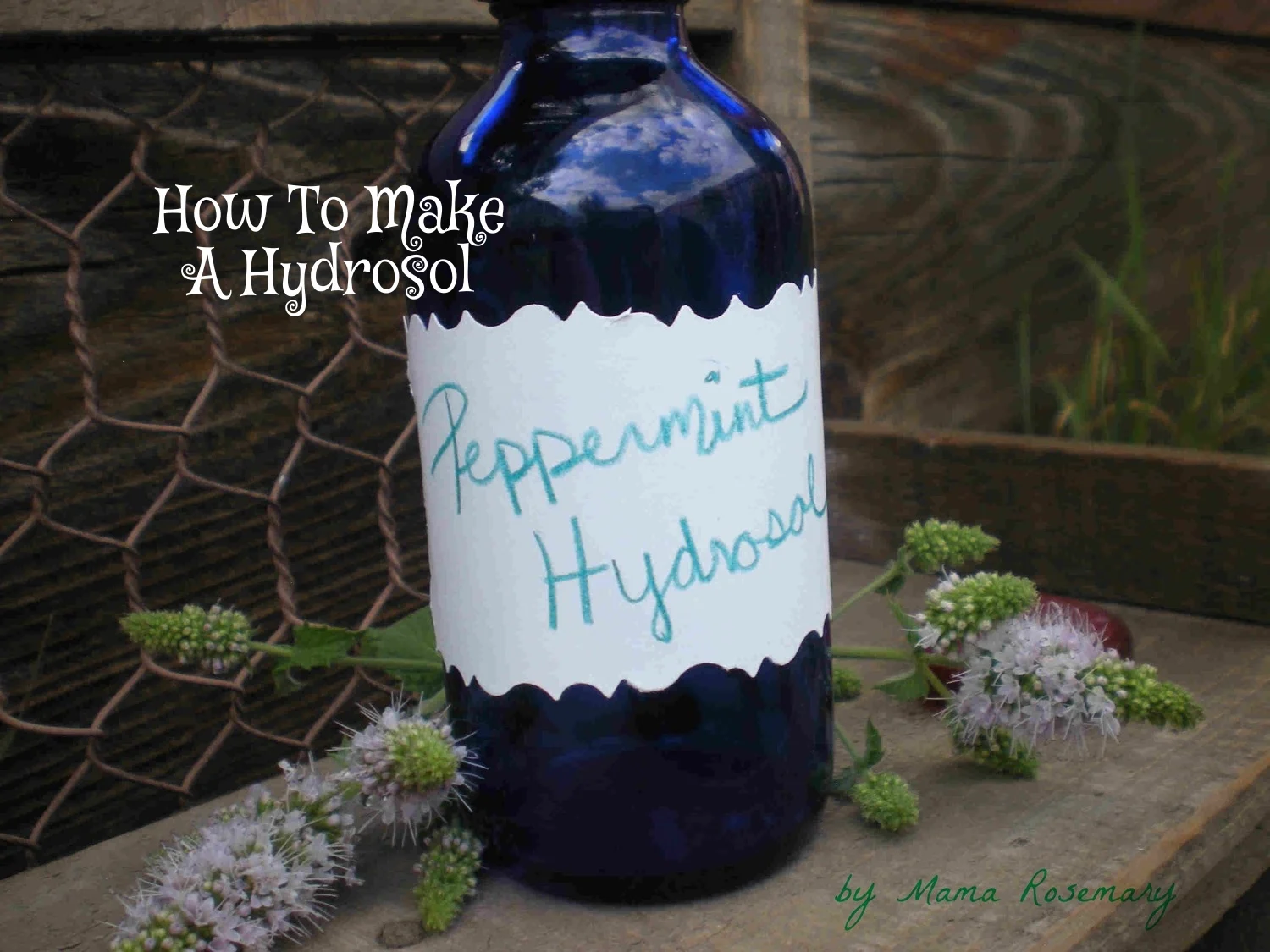A woman's moon time is a time of power… a time for inner reflection and change. A time to let go of those parts of oneself that are no longer of value and to make space for unknown or unacknowledged parts to come forth. There is a passage that occurs between who we were and who we are to become, a kind of death and rebirth. This change can sometimes be uncomfortable and difficult but it is well worth being open to as there is much growth to be realized, more of ourselves to come to know. The beautiful sunny flowers of the chamomile (Matricaria spp.) plant with its delicate bittersweet flavor is like an understanding friend who lends support and comfort anytime when we feel stressed by change. In this way chamomile is especially helpful when there are feelings of tension, irritability, and anxiousness which are manifesting as issues in the physical body.

Chamomile is a gentle yet powerful relaxant for both nervous and digestive systems and has long be valued as a women's herb. In fact the genus name of the plant, Matricaria, comes from the word "matrix" which means mother or womb. Chamomile relieves smooth muscle spasm and is therefore helpful for soothing menstrual and digestive and flatulence. Chamomile helps to decrease irritation and inflammation in the body. Because chamomile benefits nervous system it is helpful for PMS associated with tension, irritability and headaches. It helps women who experience amenorrhea or lack of menstruation from stress. It provides comfort to those who are highly sensitive and prone to complaining. It also helps to re-establish equilibrium and ease aliments associated with nervous exhaustion such as insomnia and anxiety.
Chamomlie
- eases menstrual cramps
- calms stress and anxiety
- relieves digestive upset
Chamomile has anti-inflammatory, antiseptic, analgesic, sedative, antispasmodic, carminative and nervine actions. It has nourishing minerals including phosphorus, calcium and magnesium. The sweet apple-like fragrance of chamomile comes from the amazing essential oil, azulene which is found in the flowers of this plant. Azulene is renowned for its anti-inflammatory and anti-septic properties.
A simple tea of chamomile is a wonderful way to reap all of the benefits of this amazing herb. Place a heaping tablespoon of flowers in a heat proof container add one cup of hot water and cover so the volatile azulene essential oil won't evaporate. Steep for 5 to 15 minutes, then strain out the flowers. Add honey to taste. Experiment with your brewing time as the longer chamomile is steeped the more bitter is gets. Drink up to 3 to 4 cups a day. Other tasty herbs can be added to your brew to increase its soothing and nourishing properties. Like chamomile, lemon balm is relaxing for the nervous and digestive systems while having a delightful lemony flavor that has long been used to refresh the brain. Rose petals are comforting for the heart and provide help to those with irregular menstruation. While rose hips are high in vitamin C and bioflavonoids. Both are blood tonics. St. John'swort is like sunshine in a cup for those with depression, fatigue and grief. This herb can have interactions with some prescription medications and can also cause increased sensitivity to light. Spearmint and lavender add amazing flavor to brews and act positively on the digestive system. An extra strong tea of chamomile added to the bathtub or a basin for a foot bath is also very soothing. For menstrual cramps and digestive upset, a cloth soaked in warm chamomile tea and placed over the belly is lovely! Whole chamomile flowers and other herbs can generally be found at your local herb or health food store, or on-line. Look for a source that sells high quality herbs with lots of color and good aroma.
Chamomile is generally considered to be a very safe herb which is proven by its many applications for children. Yet a small percentage of individuals may be allergic to it as it is in the Asteracea or ragweed family. Because chamomile is a mild uterine stimulant it should be avoided by pregnant women.
Definitions for actions:
- anti-inflammatory ~ decreases inflammation
- antiseptic ~ helps the body deal with harmful bacteria
- analgesic ~ soothes pain
- sedative ~ induces rest
- antispasmodic ~ relieves muscles cramps and spasms
- carminative ~ increases appetite, eases gas and nausea
- nervine ~ nourishes and soothes the nervous system
- tonic ~ encourages increased health
Originally published in Moon Flow magazine















